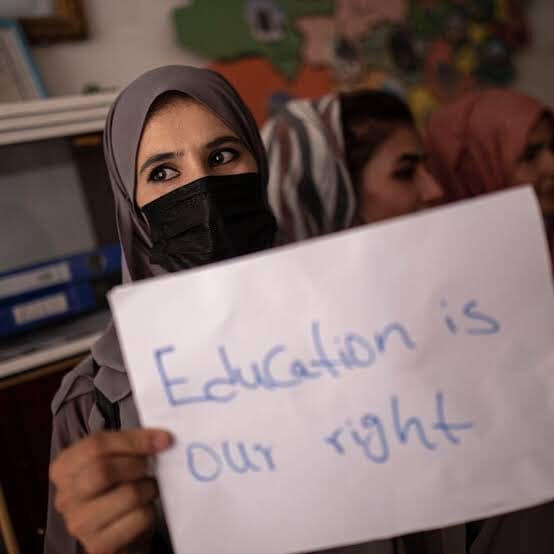
The Taliban’s recent ban on female students from taking university entrance exams and their continued restrictions on women and girls’ freedoms are a stark reminder of the human rights violations taking place in Afghanistan. Women are now confined to their homes, banned from participating in sports, working in most sectors, and obtaining higher education. The Taliban’s actions are a continuation of the systematic policies of targeted discrimination against women in Afghanistan.Despite widespread condemnation from the international community and several visits from senior UN officials, the Taliban has yet to reverse these measures. The UN Assistance Mission in Afghanistan (UNAMA) has urged the Taliban authorities to reopen girls’ schools beyond sixth grade and to end all measures preventing women and girls from participating fully in daily public life.The lack of global outrage and international action against the Taliban’s oppressive policies is concerning. The silence from Islamic countries, who have an obligation to denounce such acts against the interests and rights of women in Afghanistan, is particularly alarming. Islam guarantees equal rights for women and men, so the question remains, what laws are the Taliban following, and to what end?It is imperative that the international community takes a strong stand against the Taliban’s human rights violations and protects the rights of women and girls in Afghanistan. Only through sustained pressure and action can we hope to see a reversal of these oppressive measures and ensure that women and girls can live freely and safely in Afghanistan.



